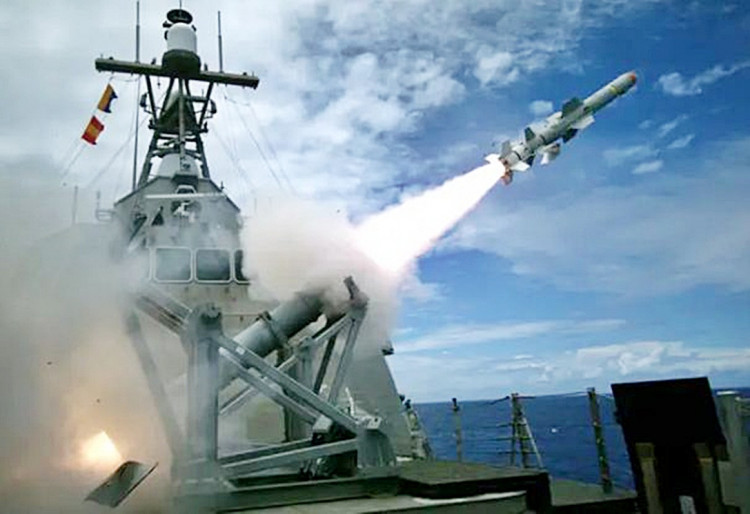In recent weeks, the southern Red Sea has become a volatile zone of conflict, with Yemen's Houthi rebels escalating attacks on commercial vessels linked to Israel and broadening their targets to include all ships heading to the region. This surge in aggression has sparked a significant response from the international community, with major shipping companies like Maersk and Zim Integrated Shipping Services suspending operations or rerouting to avoid the troubled waters, leading to a spike in insurance premiums and shipping costs.
The United States, recognizing the growing threat to global trade and regional stability, is actively seeking a solution that avoids a broader regional war. As part of these efforts, the U.S. is expediting the establishment of a multinational escort fleet, "Operation Prosperity Guardian," to ensure safe passage for commercial vessels through the southern international waters of the Red Sea. Oman's mediation efforts to persuade the Houthis to cease their attacks in the Red Sea add a diplomatic dimension to the crisis.
However, the U.S. faces a complex geopolitical landscape. Despite the formation of the Red Sea escort fleet, there are indications of internal discord among allies and a lack of consensus on a military response. With the U.S. presidential election on the horizon, the Biden administration is cautious about escalating conflicts, particularly in a region as sensitive as the Middle East. As the situation unfolds, the U.S. and its allies must navigate a precarious path between deterrence and escalation, all while ensuring the safety of international shipping lanes.
The strategic significance of the Bab-el-Mandeb Strait, a chokepoint for global trade, has been brought into sharp focus by the Houthi rebels' control of key areas in Yemen, including the major port city of Hodeidah. The threat posed by the Houthis extends beyond regional security, impacting the global supply chain and the movement of crucial commodities like oil and agricultural products.
As the international community grapples with the implications of the Houthi aggression, the need for a coordinated and effective response has never been more urgent. The U.S.'s strategy in the Red Sea will not only shape the immediate security situation but also define its role and influence in a region that is at a critical juncture. The coming weeks will be a test of diplomacy, military strategy, and international cooperation, with the security of one of the world's most crucial maritime corridors hanging in the balance.




